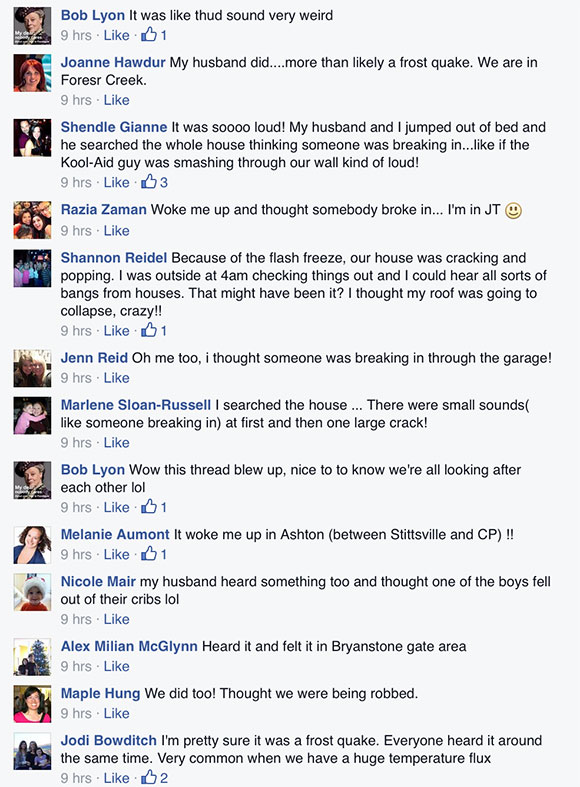
Interior and exterior waterproofing, basement waterproofing, French drains, sump pump systems, and surface drainage are all part of these systems. The lists below includes advice on safeguarding your home from cold-weather foundation damage.Ĭomplete water management systems reduce the amount of moisture accumulated around your property. Preventing And Rehabilitating Winter Foundation Problems In Tennessee Housesįortunately, there are techniques to keep cold weather frost quake from further causing damage to your foundation as well as repair any damage that occurs as a result. You may be in danger of pipe freezing if you have pipes that are directly or indirectly exposed to external temperatures, or if you have unprotected outdoor faucets. Freezing pipes are caused by water leaks, deteriorated concrete (due to moisture exposure), mildew, and foundation fractures. Pipes in your home that freeze can create both water and foundation concerns. If you let ice accumulate in your pipes, it may expand to the point where the pipes shatter or rupture. Homes built on silty soils are particularly vulnerable to these problems. These problems might cause the foundation to sag, sink, and crack. The freeze-thaw cycle can also generate upward suction during the winter, causing more water to accumulate near the foundation and placing additional strain on the concrete. When the earth thaws, the soil shrinks, causing settling in the upper foundation. Moisture in the earth expands as the ground freezes, causing the concrete foundation above to heave. The first potential concern in the winter is frost heave, particularly when the top-level soils around your home and foundation freeze and thaw. The following list describes these issues that can be caused for your foundation from frost quake activity. Colder temperatures, which are frequent in Middle Tennessee throughout the winter season, can cause foundation damage in various ways. Maintaining the health of your foundation is critical to the stability of your house since the foundation supports the whole structure. We’re having lows in the 20s again tonight, meaning that frost quakes may occur again, except now it won’t catch you by surprise.There is a potential that the lowering temperatures in the next winter months will impact the foundation of your home. They tend to happen after midnight when temperatures grow colder. That’s exactly why you hear those loud breaks and booming sounds as the freezing water is trying to expand below ground. Think of it like an ice cube, when that water freezes, the density of water will decrease but the volume will expand up to 9% of its size. But late at night, when temperatures dip to subfreezing, the water underground will also freeze and expand. With the melting snow and rain that fell yesterday, the water easily seeps through the ground.

:max_bytes(150000):strip_icc()/GettyImages-892257156-2-bfc3c776e8794b2d8677cafeb0a182c0.jpg)
These occur when the ground experiences a sudden deep freeze, just like what happened yesterday and what’s about to happen again tonight. While this phenomenon may be strong enough to rattle houses and resemble an earthquake by shaking and producing loud sounds, frost quakes, or cryoseisms, happen at higher ground and fortunately don’t tend to cause big damage. Were you woken up by any loud booms last night? Residents in New Hampshire reported the blaring sounds thinking it was their roof coming apart or a big earthquake.


 0 kommentar(er)
0 kommentar(er)
